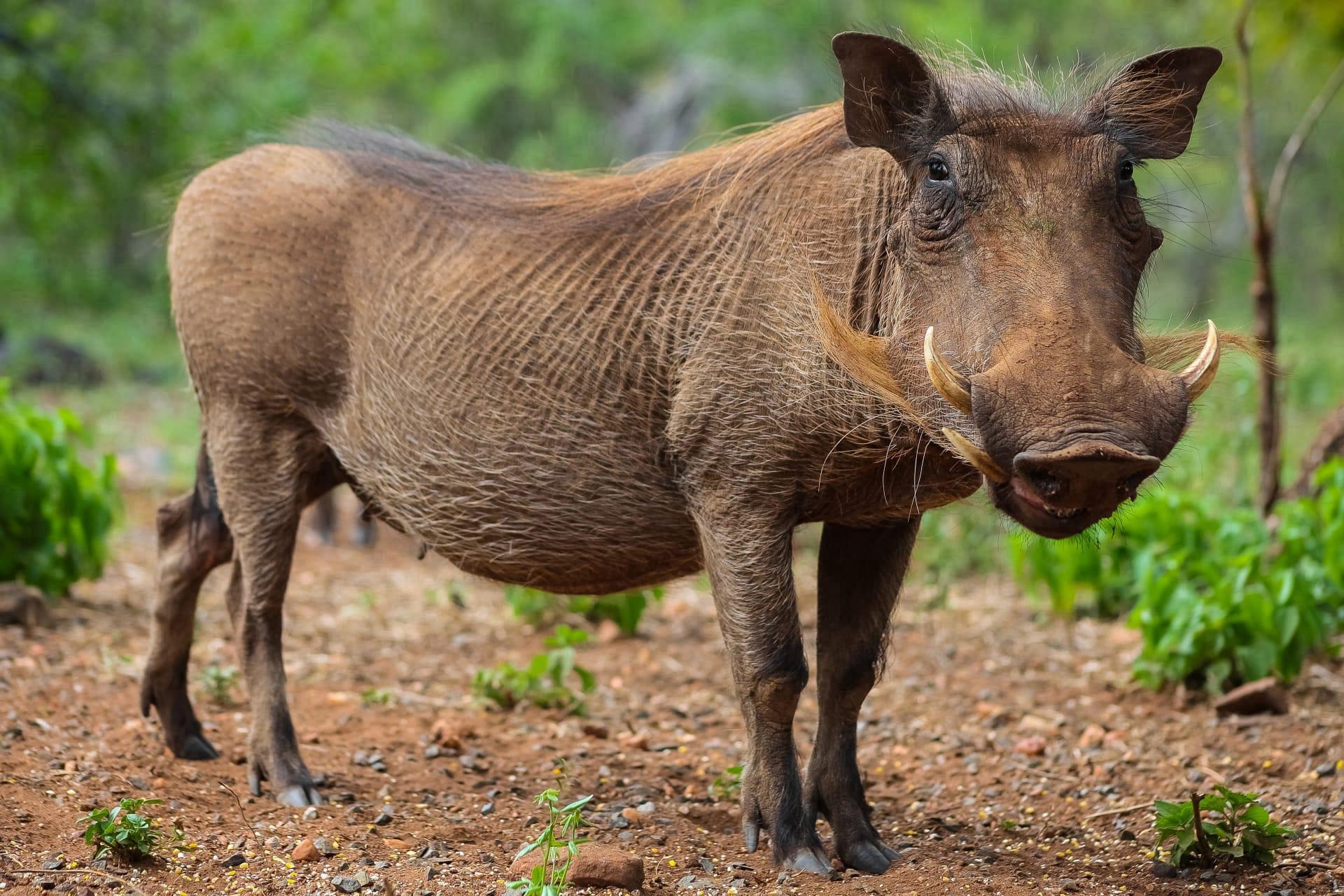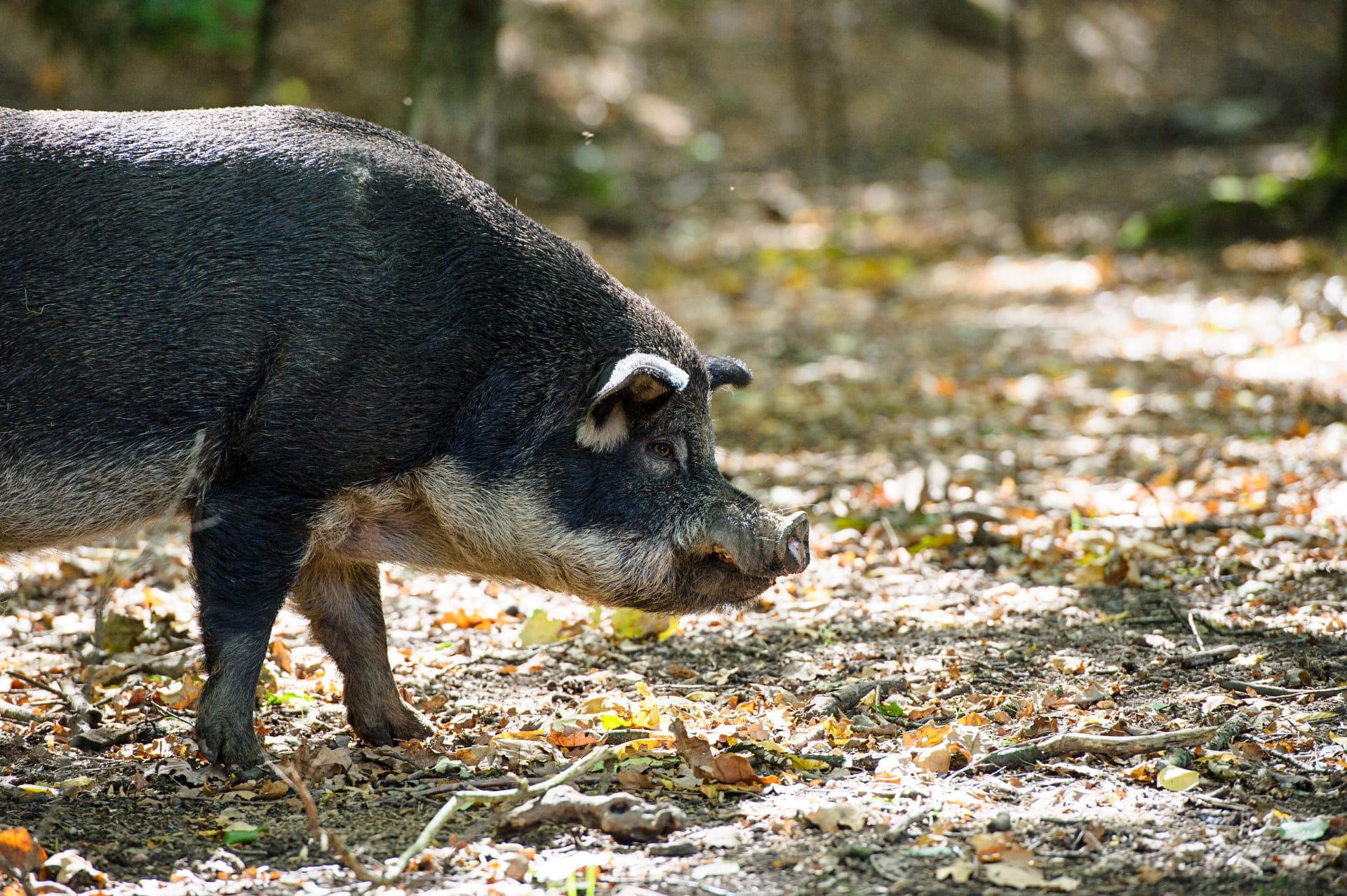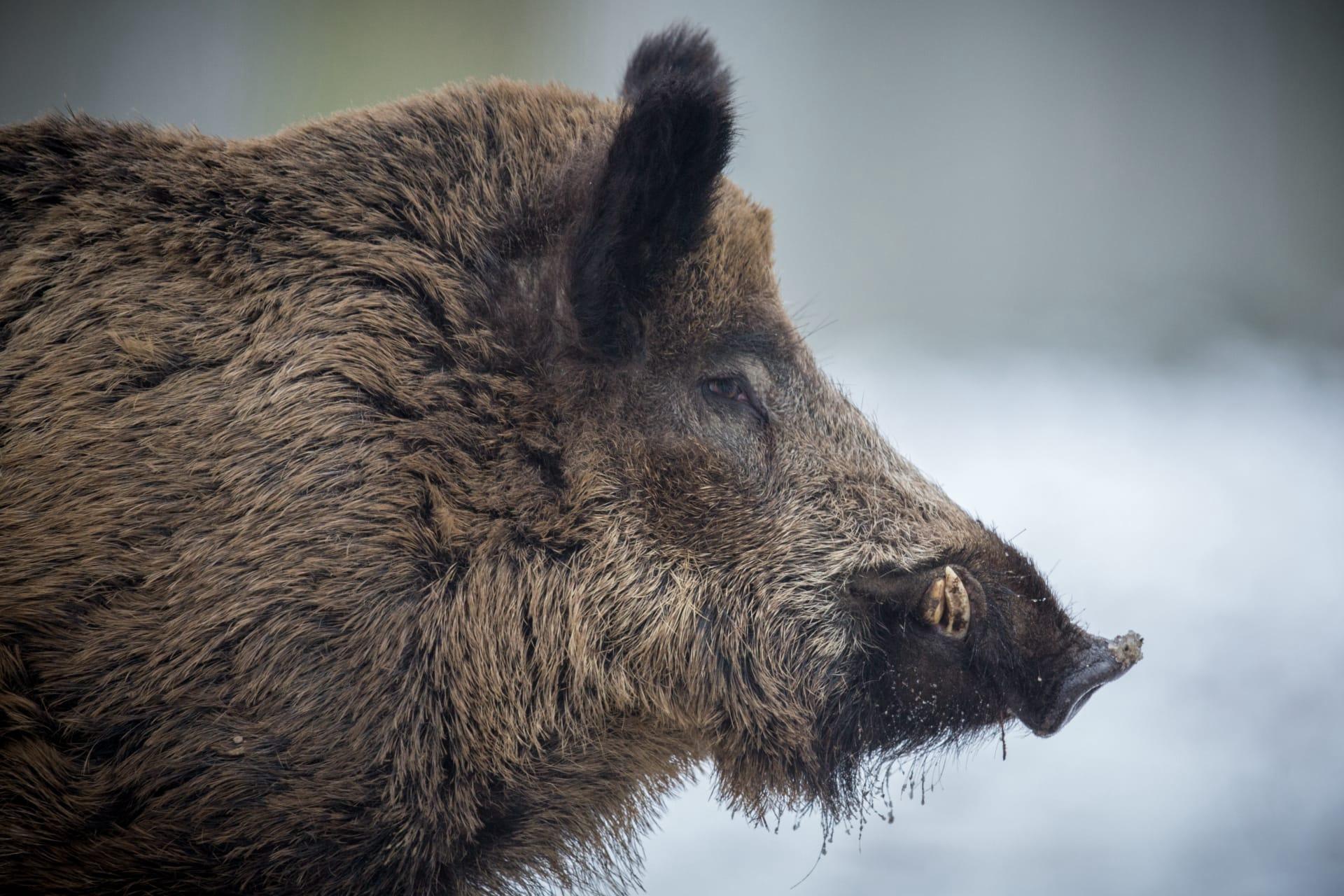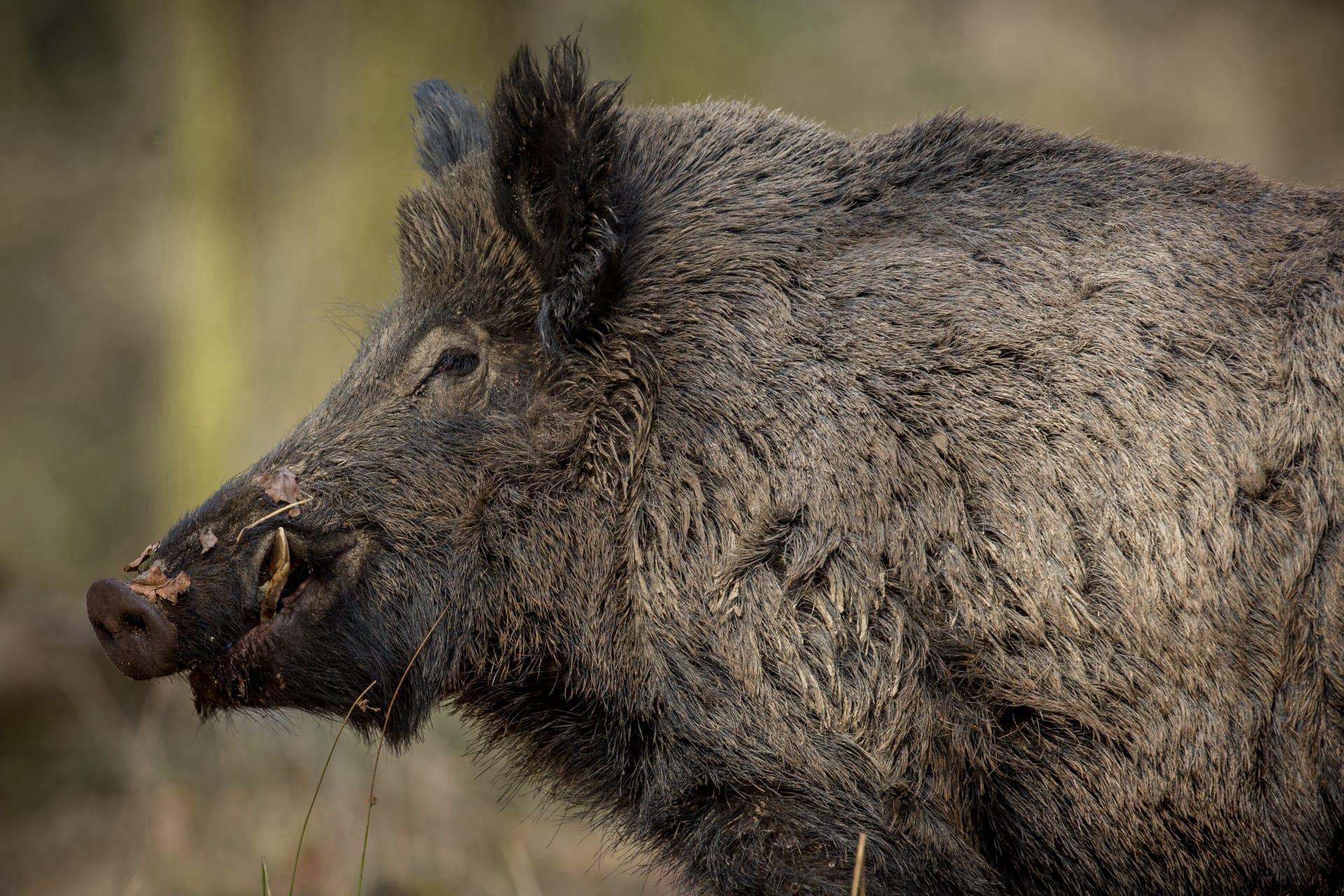1
Pigs are not only social animals but also exhibit a high level of intelligence. Studies have shown that pigs can manipulate a joystick to move a cursor on a screen, a task that requires understanding of the connection between the joystick and the cursor's movement. This level of cognitive ability is comparable to that of dogs and some primates. Additionally, pigs have excellent long-term memories, enabling them to remember complex tasks and navigate mazes, which they can learn to complete in just a few trials.
Pigs communicate through a variety of vocalizations, with more than 20 different sounds identified. These sounds convey a wide range of information such as warnings of danger, signaling hunger, or establishing social hierarchy within a group. For instance, piglets learn to recognize their mother's voice and respond to it. This intricate communication system demonstrates their social complexity and the importance of vocal interaction in their lives.

2
Pigs have an extraordinary sense of smell, which is crucial for locating food underground. The olfactory bulbs in pigs are well developed, allowing them to detect scents up to 25 feet underground. This ability is why pigs are used in truffle hunting, as they can find truffles – a type of underground fungus highly valued in culinary arts – which are otherwise difficult for humans to locate. However, dogs are often preferred over pigs for truffle hunting due to pigs' tendency to eat the truffles they find.
The domestic pig's ancestor is the wild boar, which still roams the forests of Europe and Asia. These wild relatives are more aggressive and have a leaner physique compared to domestic pigs. Over thousands of years of domestication, pigs have been selectively bred for various traits, resulting in the more docile and plumper farm pigs we see today. This selective breeding has led to significant differences in appearance and behavior between wild boars and domestic pigs, including variations in fur, size, and temperament.

3
Pigs are known for their ability to adapt to various environments. Unlike other farm animals, pigs can thrive in diverse climates, from the freezing temperatures of northern Europe to the tropical conditions of Southeast Asia. This adaptability is partly due to their omnivorous diet, allowing them to consume a wide range of food items, from plants and insects to small animals.
Contrary to popular belief, pigs are naturally clean animals. When given enough space, they will designate specific areas for sleeping, eating, and defecating. In the wild, pigs avoid soiling areas where they eat or sleep. The misconception of pigs being dirty mainly arises from their habit of wallowing in mud, which is actually a way to cool off and protect their skin from parasites and sunburn, as pigs lack sweat glands.

4
Pigs are capable swimmers and enjoy water. In some regions like the Bahamas, there are even famous swimming pigs that have become a tourist attraction. These pigs live on small islands and have adapted to swimming in the sea, often approaching boats for food. This unusual behavior showcases pigs' adaptability and their ability to learn new skills for survival and food gathering.
In terms of reproduction, pigs are quite prolific. A female pig, known as a sow, can give birth to a large litter of piglets, typically ranging from 10 to 12, but sometimes as many as 14. These litters can occur twice a year, meaning a single sow can produce a significant number of offspring. The gestation period for pigs is about 114 days, famously remembered as "three months, three weeks, and three days."

5
Pigs have a significant role in medical research due to their physiological similarities to humans. Their skin, cardiovascular system, and digestive organs closely resemble those of humans, making them valuable models for medical studies. Pigs have contributed to advancements in many fields, including dermatology, cardiology, and organ transplantation. For instance, pig heart valves are often used in human heart surgeries due to their compatibility.
Pigs are also culturally significant in various societies. In some cultures, pigs symbolize wealth and prosperity and are often associated with feasts and celebrations. On the other hand, in certain religions and cultures, pigs are considered unclean and are avoided. This diverse cultural perspective on pigs highlights their unique place in human society, both as a resource and a symbol.